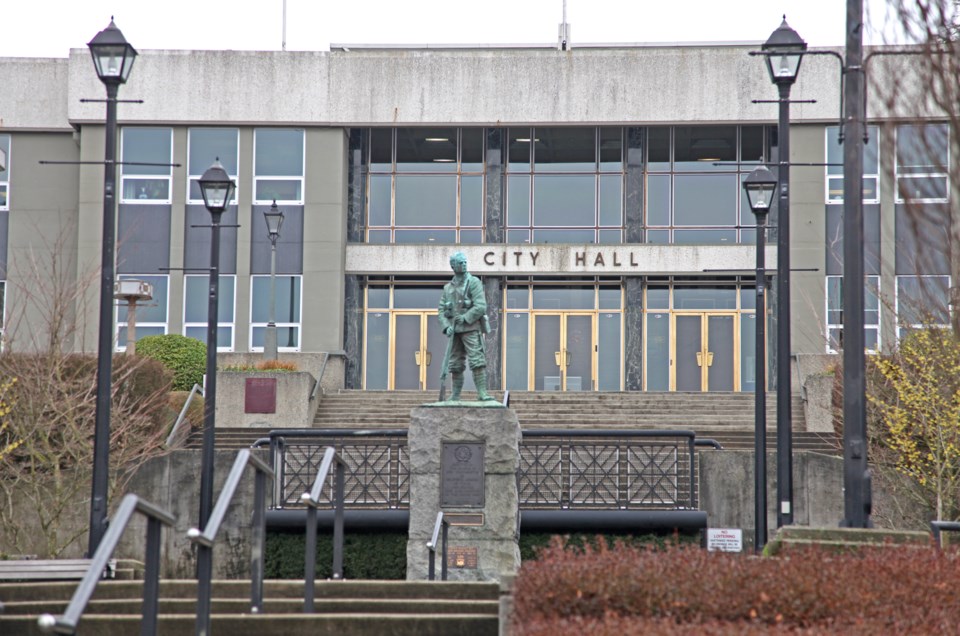The City of New Westminster plans to borrow up to $28.3 million to fund capital infrastructure improvements.
The projects to be funded through debt include city hall upgrades ($6 million), library upgrades ($4.8 million), land purchases ($8.5 million) and a fibre optic network ($9 million). The city expects to repay debt incurred to construct the fibre optic network from revenues generated from leasing “dark fibre” to internet service providers.
A staff report states the city will use some of the money to acquire land for the placement of a future electrical substation and district energy plant.
An “alternative approval process” is providing residents with an opportunity to voice opposition to the borrowing plan. To oppose adoption of the New Westminster civic infrastructure loan authorization bylaw, individuals must sign an alternative approval process elector response form by 7 p.m. on Monday, July 25.
Unless at least 10 per cent (4,587) of eligible electors in New Westminster oppose the plan, council can adopt the bylaw.
In 2012, the city proposed an alternative approval process as part of a plan to borrow up to $59 million to build Anvil Centre and the office tower. More than 2,000 electors signed petitions opposing the city’s plan.
According to a staff report, the city’s total debt capacity is $570 million, net of existing debt. As of Dec. 31, 2015, the city had issued $65 million in debt.
“The city has the ability to interim finance from the Municipal Finance Authority for up to five years under the authority of a loan authorization bylaw,” stated a staff report. “Most of the projects included in the civic infrastructure loan authorization bylaw ... are multi-year projects. As such, the city may need to interim finance until the project is complete, at which time the city would convert the interim borrowing to long-term. While the city could use Municipal Finance Authority investments to deal with cash flow for these projects, doing so would require that the city liquidate a portion of its investment portfolios, which could result in generating investment losses.”



